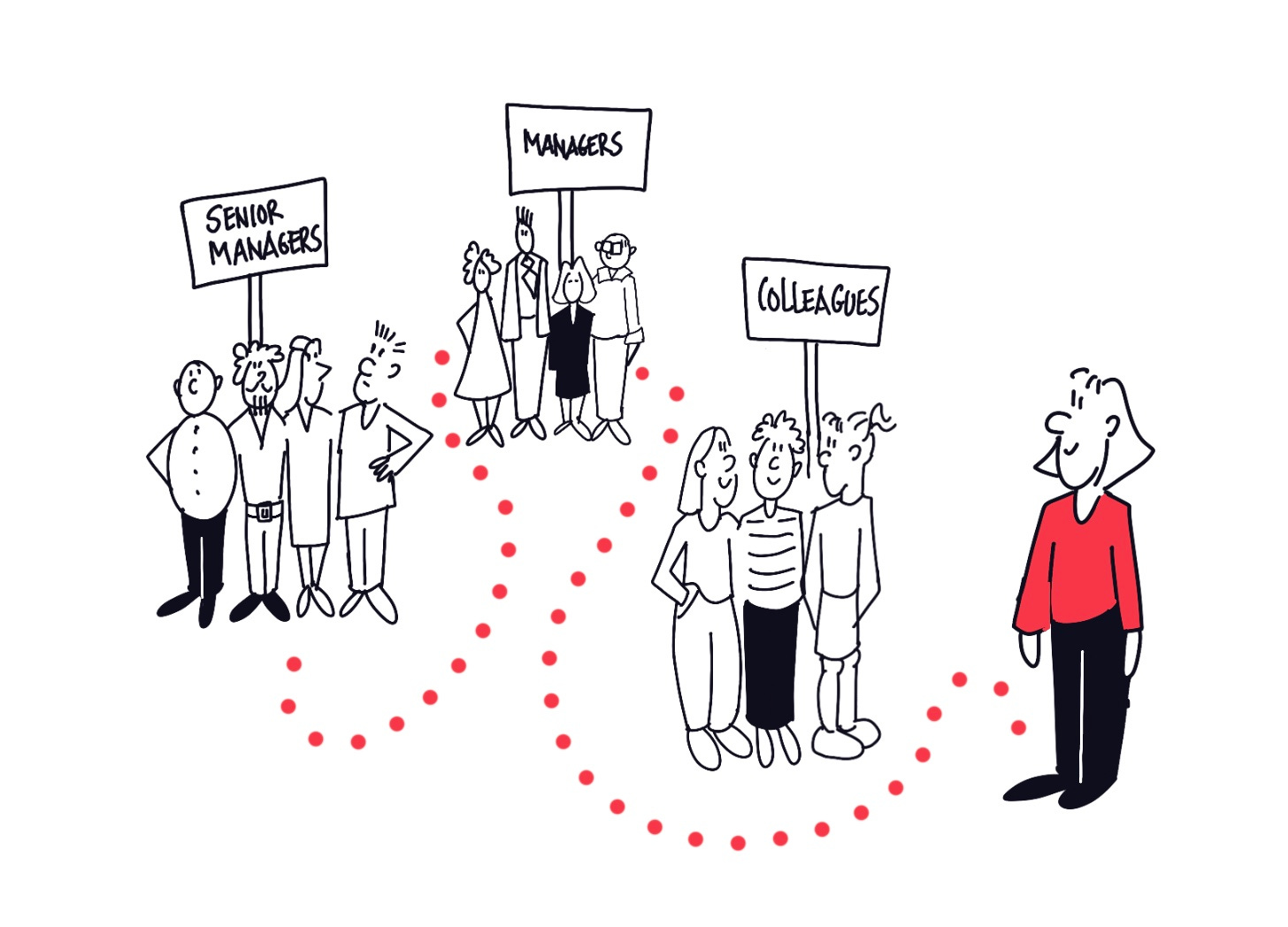Drawing by Tineke Tammes
'Office politics are ... so cringe!', someone exclaimed the other day.
And you say it to me too. 'I wish I didn't have to get involved in office politics. I just want to do my job and go home'.
With the Return To Office mandates making people come back in it appear that office politics is soaring (again).
And it's making you miserab…





